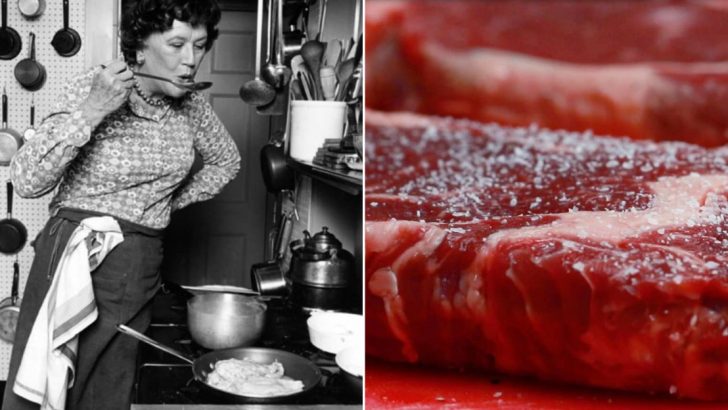Julia Child wasn’t just a chef—she was a force of nature in an apron. Her voice, her laugh, her love of food made cooking feel like magic.
Decades later, her tips still feel like gold passed from a beloved aunt. They’re messy, joyful, and full of flavor—just the way cooking should be.
1. Always Use Real Butter
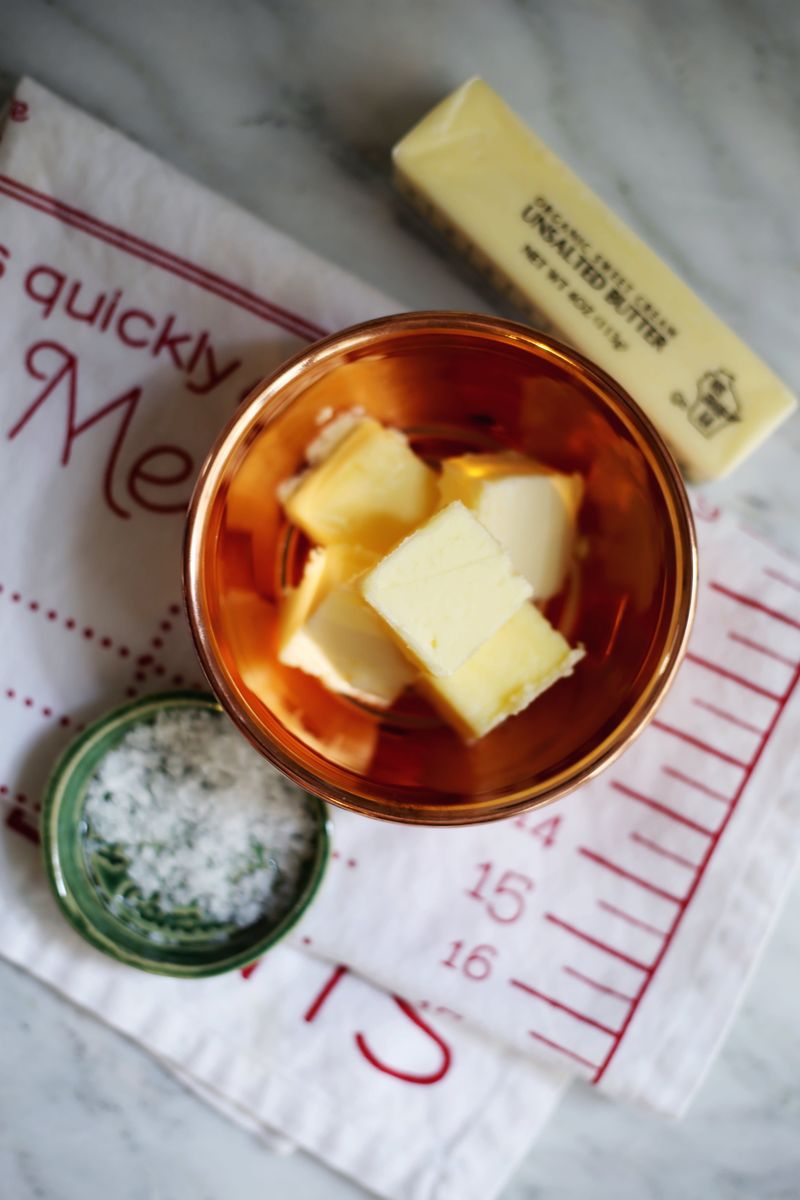
There’s no mistaking the richness that comes from the real stuff. Margarine may try, but it can’t replicate the soft, nutty perfume of slowly melting butter in a pan.
I learned early that even toast sings louder with it. For Julia, butter wasn’t indulgent—it was essential.
2. Don’t Crowd The Pan
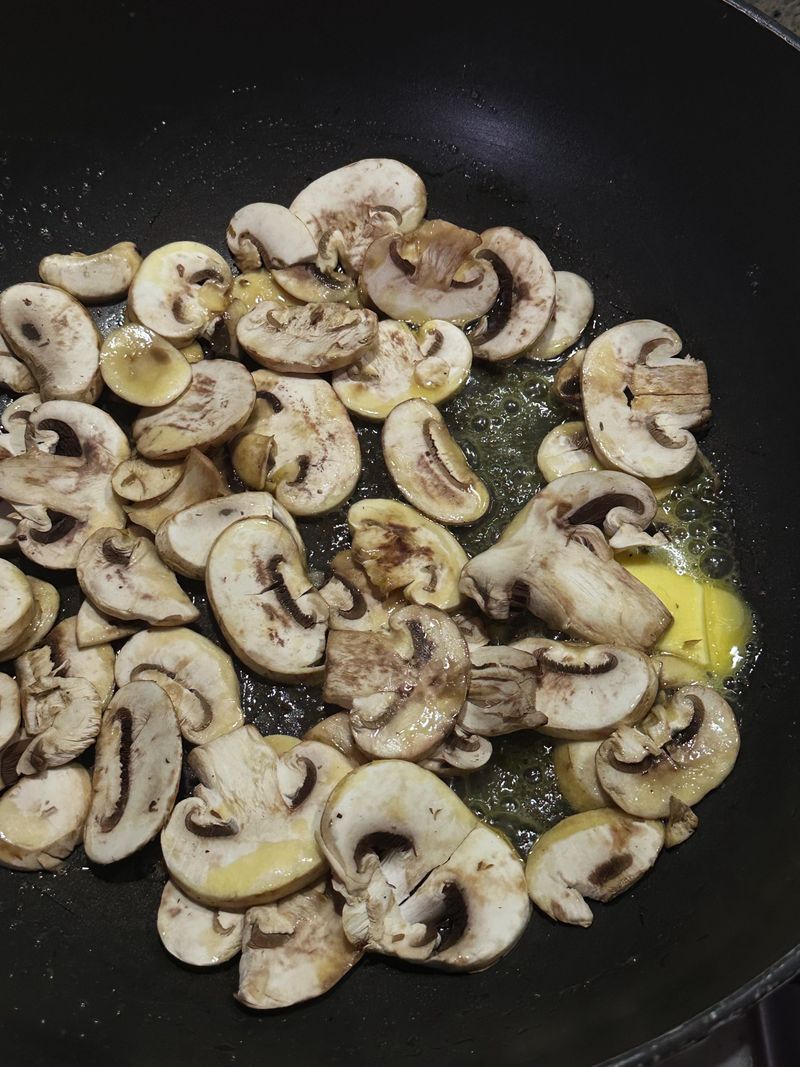
Steam happens when things are packed too tight. I used to pile chicken thighs in like they were at a concert—soggy skin, zero sear.
Julia’s advice? Give each piece space to breathe and brown. A golden crust needs elbow room.
3. Dry Meat Before Searing
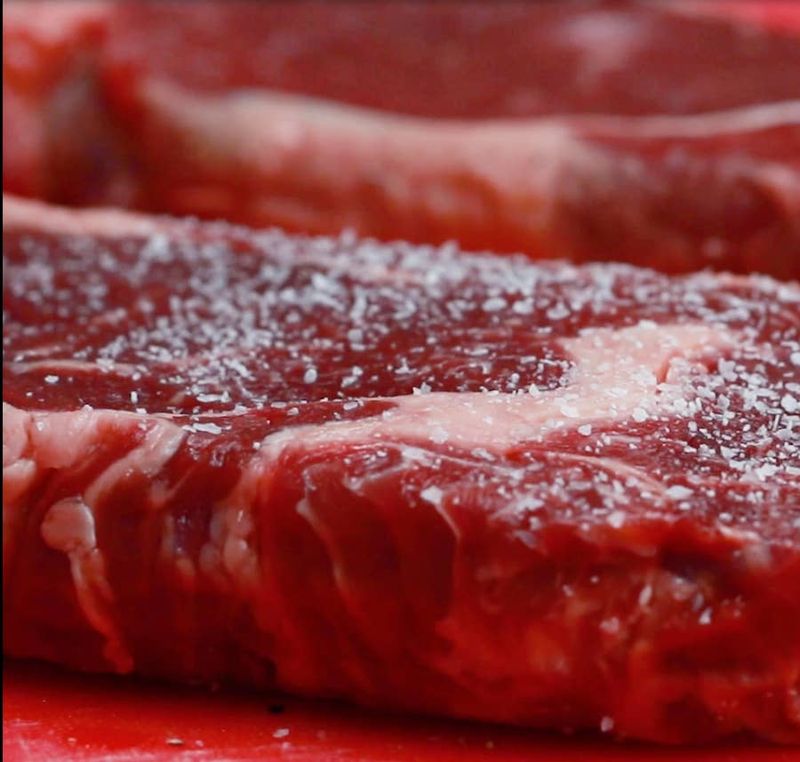
Water is the enemy of a good crust. A paper towel dab transforms dull meat into something worthy of applause.
I’ve watched steak go from gray to glorious with just this one step. It’s simple science, but it feels like magic.
4. Learn to Love Your Knife
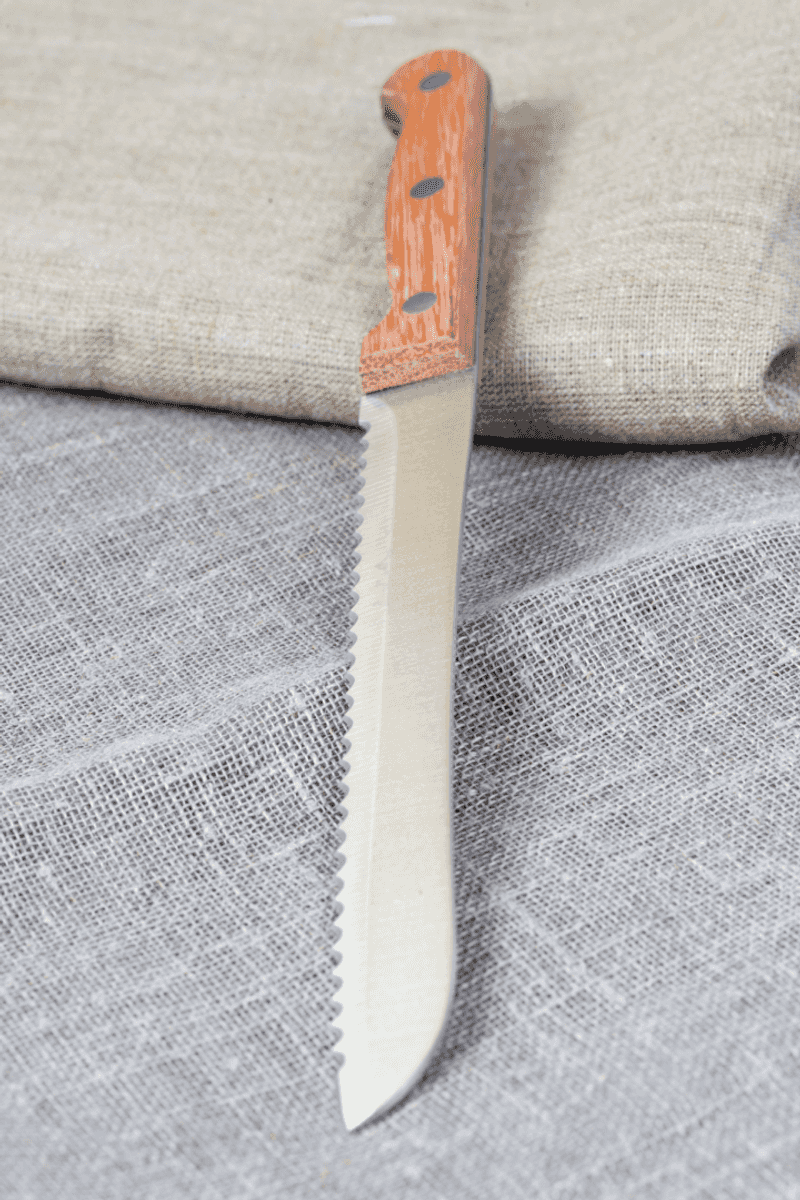
The right blade turns prep from a chore into something meditative. I used to fear my chef’s knife—now it’s my closest kitchen companion.
Julia taught that skill, not gadgets, makes the cook. A good, sharp knife can carry you through any recipe.
5. Taste As You Go
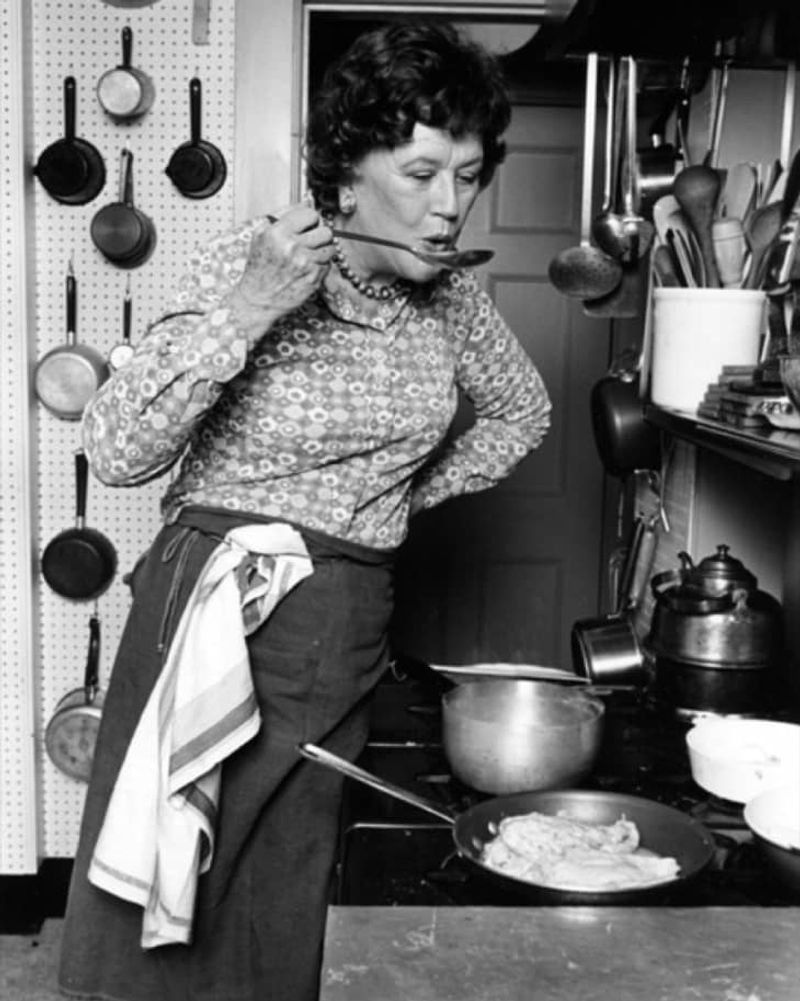
Seasoning isn’t a final step—it’s a conversation. I used to cook blindly, then wonder why the flavors fell flat.
Now I dip, slurp, adjust, and swirl. Julia gave me permission to make the dish mine before it hit the plate.
6. Use Wine You’d Actually Drink
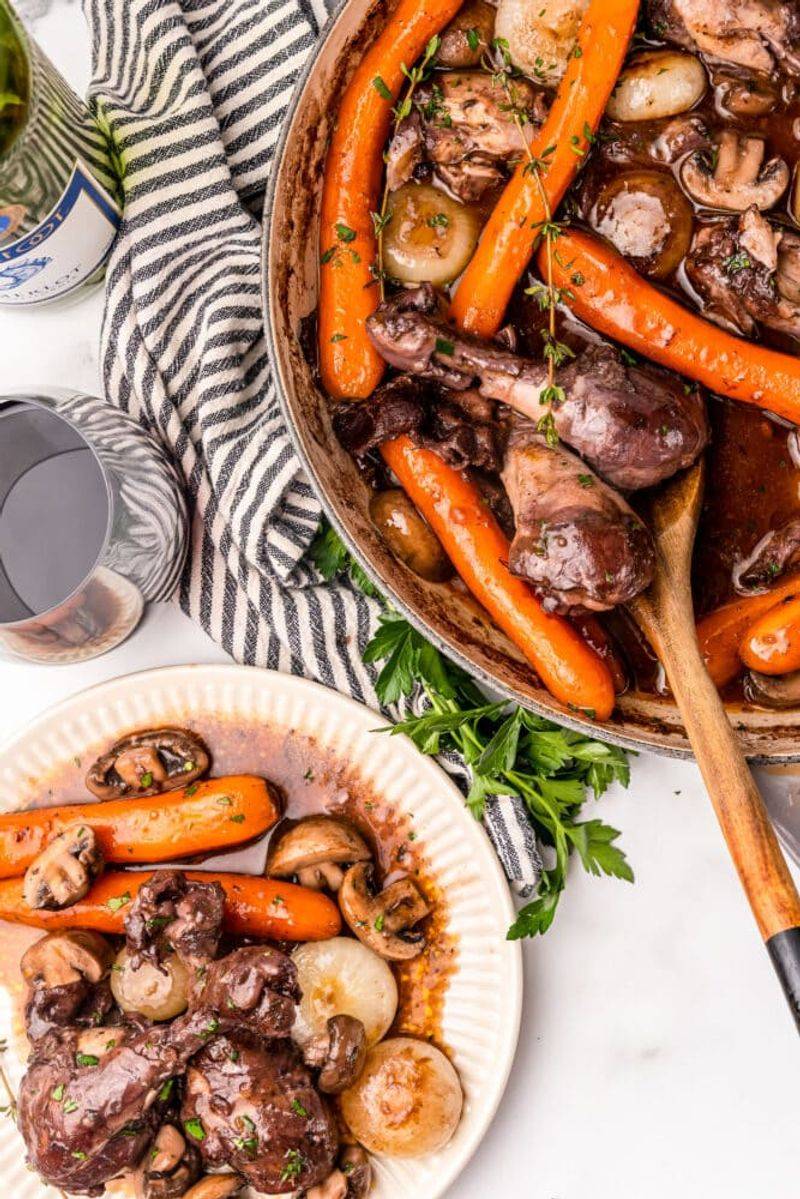
Cheap cooking wine? Toss it. I once used a bottle I wouldn’t serve my worst enemy, and it made the sauce taste like vinegar and regret. A good glug of real wine transforms the pan into something heady and complex.
Julia was right: if it’s not good enough to sip, it’s not good enough to cook with.
7. Heat The Pan Before Adding Ingredients
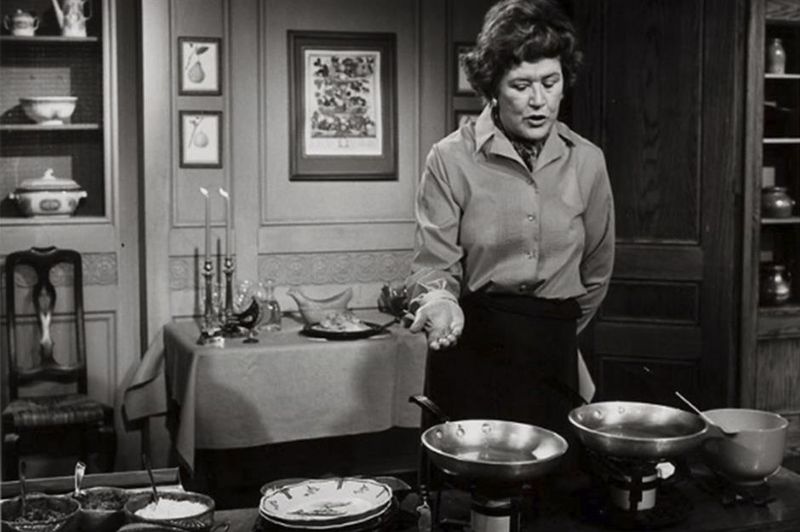
A cold pan is no friend to flavor. I’ve dropped onions into a lukewarm skillet and ended up with sad, soggy slivers.
But when the pan is properly hot, the sizzle starts instantly. That’s when the kitchen starts to smell like home.
8. Embrace Mistakes As Part Of The Process
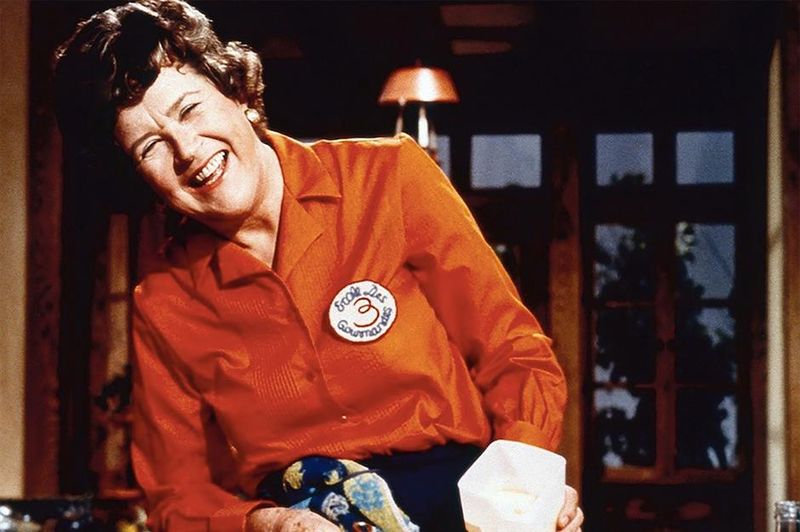
Julia dropped chickens, burned sauces, and still smiled through it. I’ve cracked cakes in half and over-salted soups—but now I just laugh and call it rustic.
Confidence grows when failure isn’t scary. Her motto? Never apologize, just keep cooking.
9. Invest In Good Cookware
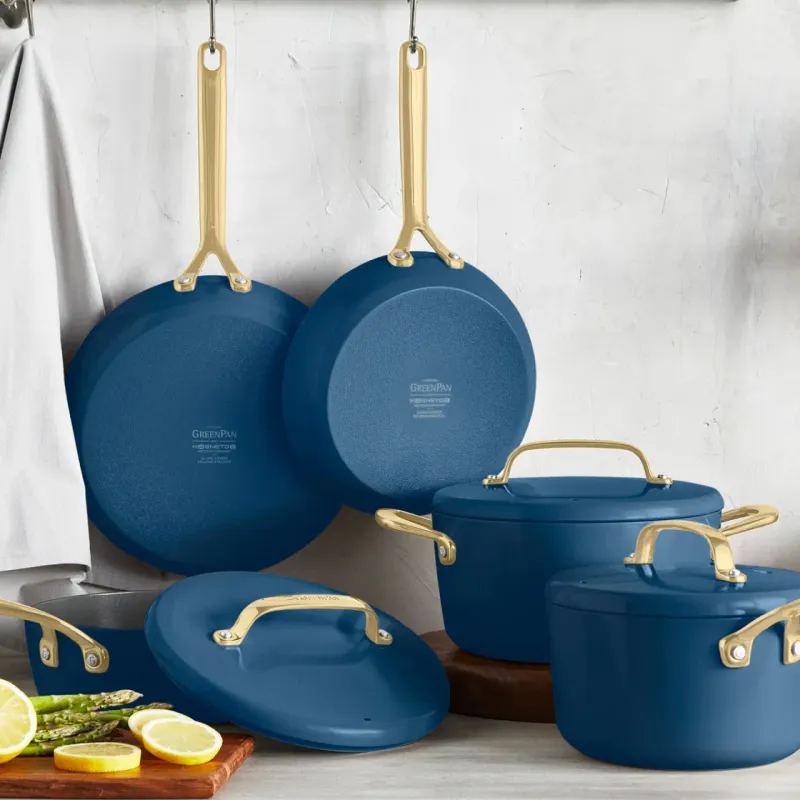
Cheap pans warp, stick, and mock your efforts. I saved up for one heavy skillet, and the way it sears meat is almost poetic.
Julia believed your tools should work with you, not against you. It’s not about having a lot, it’s about having the right few.
10. Master A Few Simple Techniques
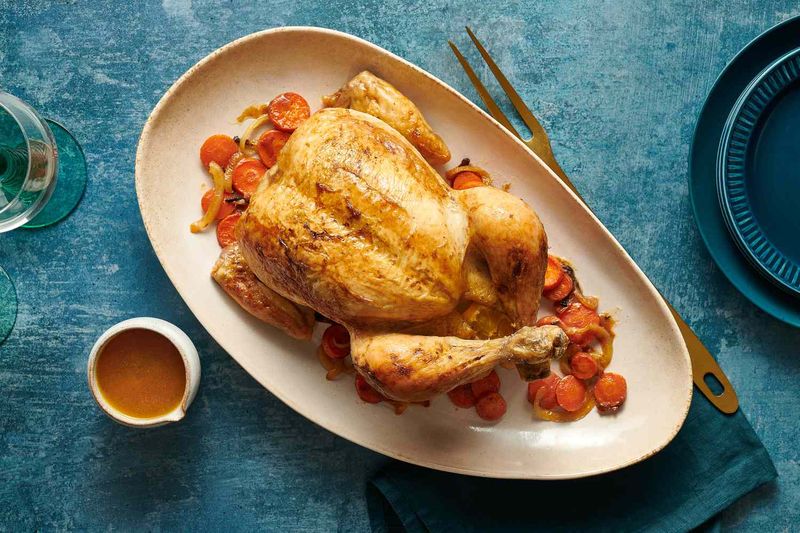
You don’t need a cookbook library to feel like a chef. I learned béchamel and omelets and suddenly dinner became theater.
Julia didn’t preach complexity, she preached competence. A few solid moves are worth more than dozens of barely-understood dishes.
11. Don’t Rush—Let Flavors Develop
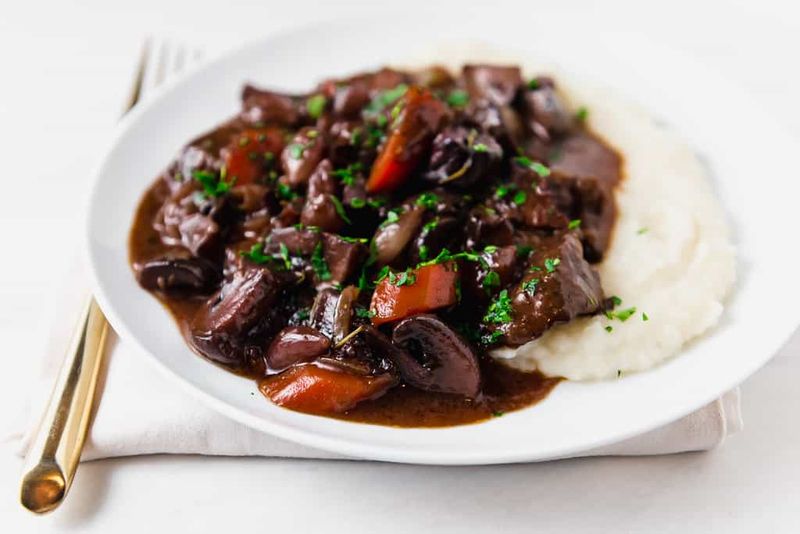
Good food takes time to bloom. I’ve scorched onions trying to “speed up” caramelizing—what a tragedy.
The grat Julia insisted on patience because flavors need a slow dance, not a sprint. Your taste buds will thank you for waiting.
12. Cook With Joy And Curiosity
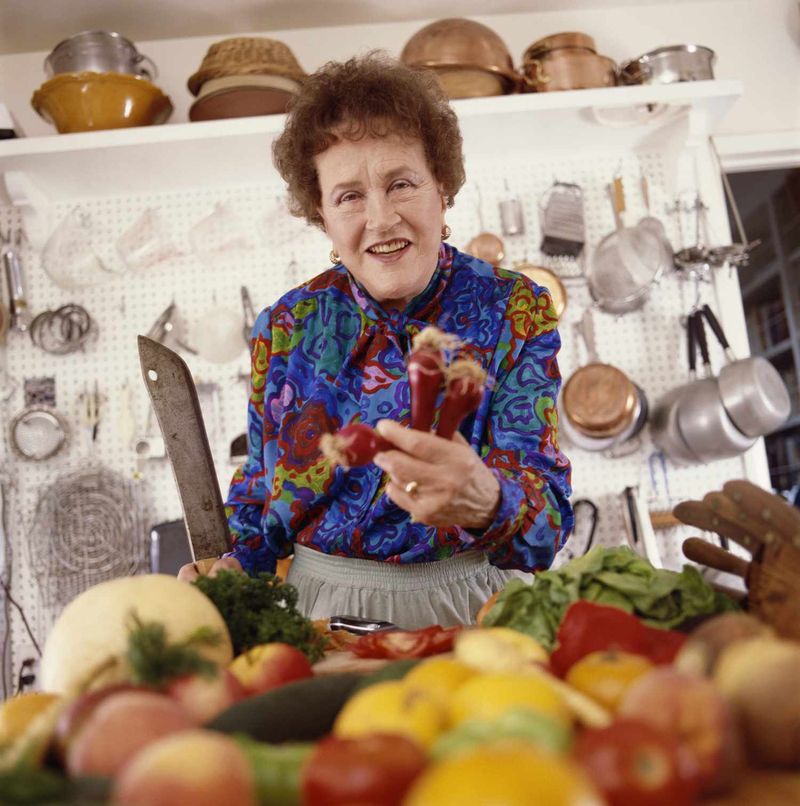
Serious faces make bland food. Julia giggled through soufflés and poked fun at her flubs.
I try to carry her spirit every time I tie my apron. Food cooked with love and laughter always tastes better.
13. Use Fresh Herbs For Big Flavor
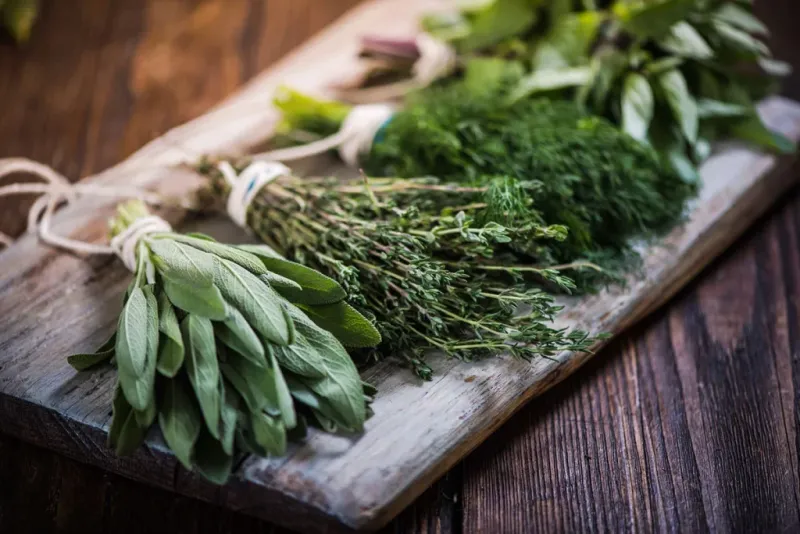
Dried herbs have their place, but fresh herbs are like color in a black-and-white photo. A handful of chopped parsley or torn basil can wake up the whole dish.
Julia’s parsley trick? Toss it in at the end for a bright finish. It’s a splash of green that sings.
14. Respect The Power Of Salt
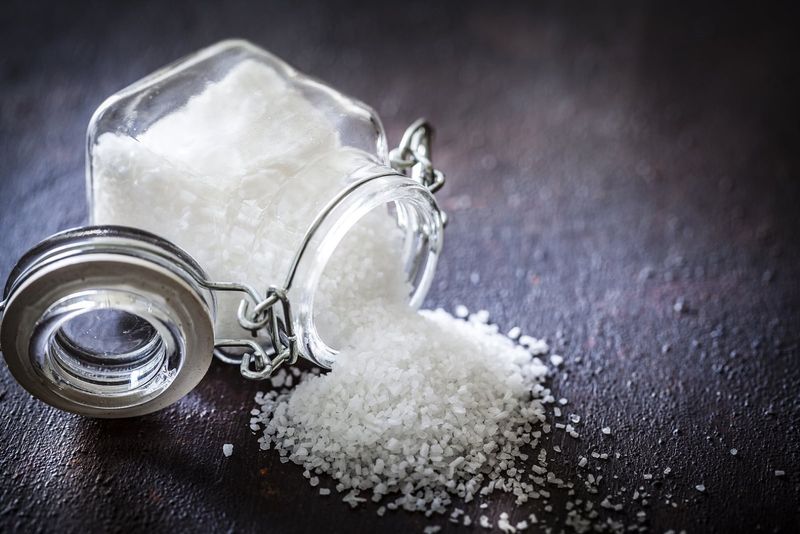
Salt is a powerful ingredient that enhances flavors. Julia Child knew how to use it wisely. Proper seasoning can bring out the best in your ingredients, transforming a bland dish into something spectacular.
It’s about finding the right balance. Don’t underestimate its power!
15. Presentation Matters—Make It Look Lovely
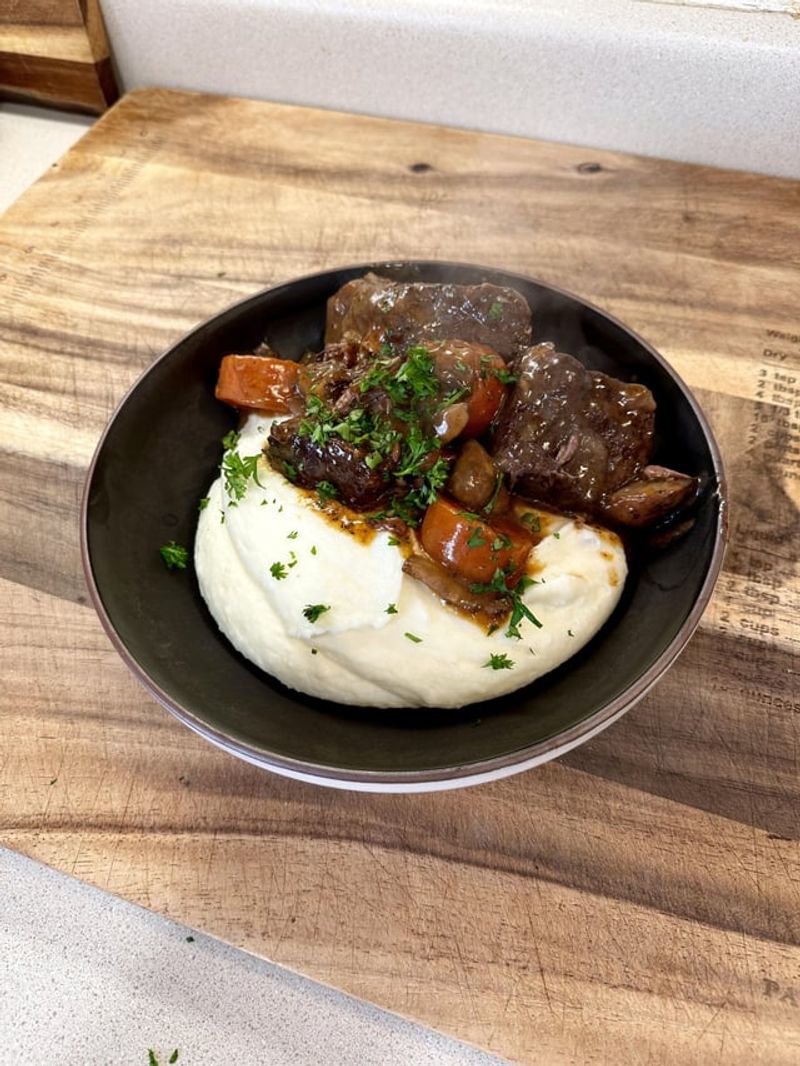
A little garnish, a clean plate, a thoughtful drizzle—they go a long way. Julia didn’t chase perfection, but she believed in beauty.
I’ve seen friends’ faces light up at even the humblest dish when it looks like it was plated with care. Food should taste good and look loved.

